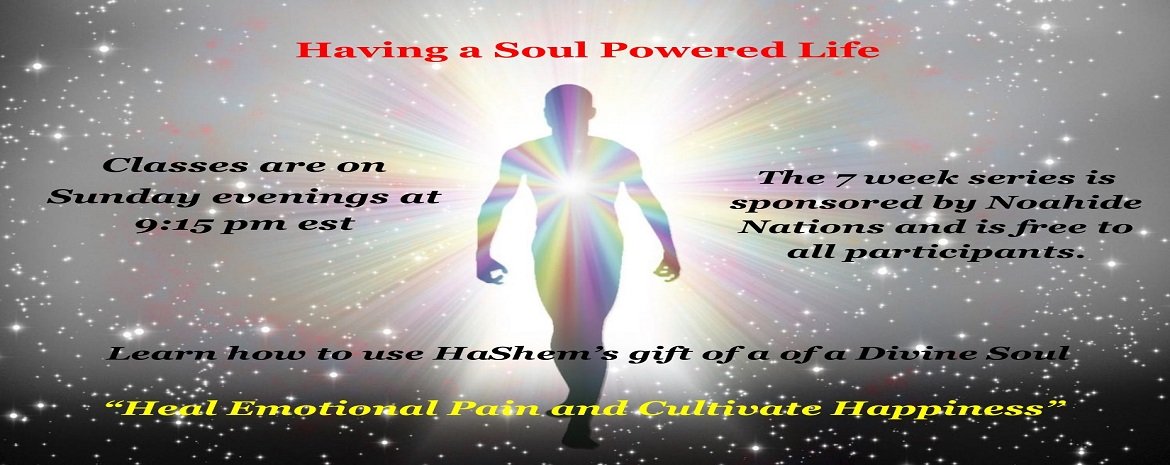
One God
- Category: Noahide Laws
- Hits: 17071
Article Index

Idolatry is the beginning and the end of Torah. There is one G-d. According to the Rambam, Rabbi Moses Ben Maimon, "For it is the principal object of the Law and the axis round which it turns, to blot out these opinions from man's heart and make the existence of idolatry impossible" (Rambam, p. 320).
This is not just a G-d of a particular people, Israel, but the G-d of all mankind. In fact the goal of all should be the destruction of idolatry. Thus the Rambam says, "The actual abolition of idolatry is expressed in the following passage: 'Ye shall destroy their altars, and burn their groves in fire' (Deut. vii. 5), 'and ye shall destroy their name,' etc. (xii. 3). These two things are frequently repeated; they form the principal and first object of the whole Law, as our Sages distinctly told us in their traditional explanation of the words 'all that God commanded you by the hand of Moses' (Num. xv. 23); for they say, 'Hence we learn that those who follow idolatry deny as it were their adhesion to the whole Law, and those who reject idolatry follow as it were the whole Law.' (B.T. Kidd, 40a) Note it" (Rambam, 320). Essentially the Hebrew Scriptures teach us that G-d is one. From this we must do two things. First, we must abstain from the active participation in idolatry. If we participate in idolatry then we have denied the Law, which makes it clear that G-d is one. Second, by actively participating in the service of the one G-d we will blot out the idea of idolatry. This activity is not restricted to the Jewish people, but is inclusive to the non-Jew that observes the Noachide laws. In this way we have come to the two sides of the prohibition against idolatry. The correct way to observe this law is to not participate in idolatry, and then to actively participate in the oneness of G-d. G-d's unity is understood in three parts. First, G-d is alone. Second, G-d is non-corporeal. Finally, G-d has a unique identity. Each of these parts must be examined separately.


 French (FR)
French (FR)  English (UK)
English (UK) 




